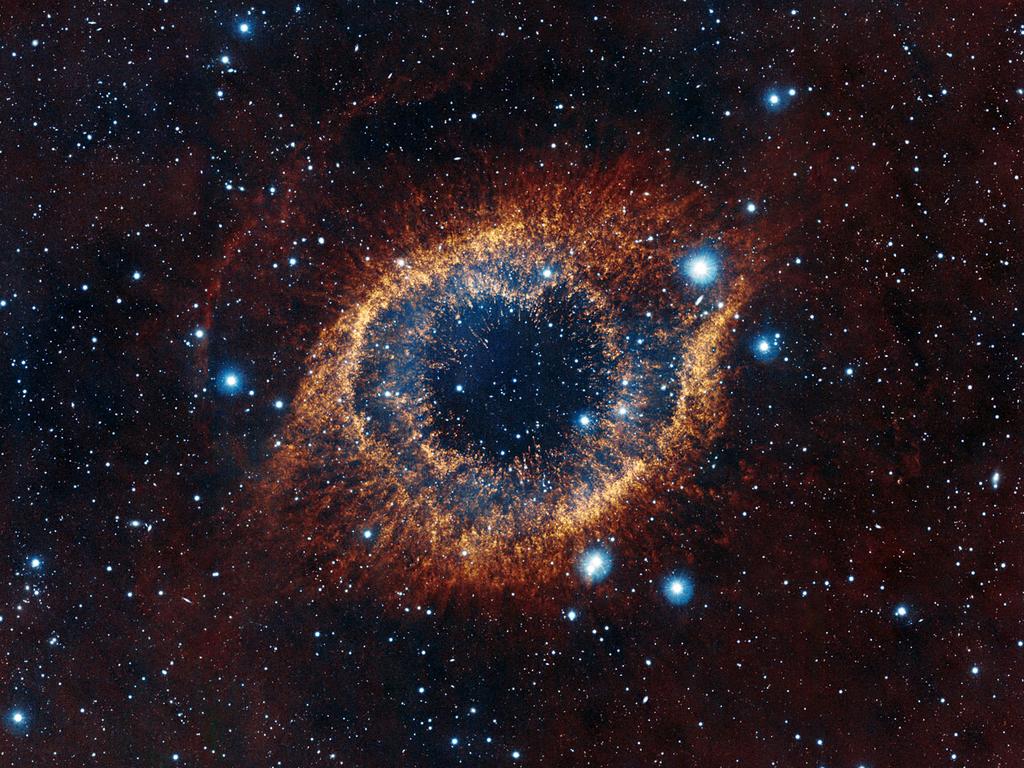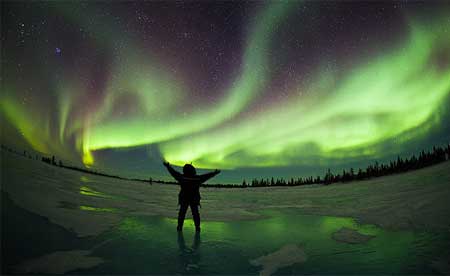Later I learned that there are some interpretations of quantum mechanics that use the notion of a universal consciousness to explain how an electron in one part of the universe can be in perfect synch with an electron in another part of the universe without any physical interaction between them. I was not aware of that at the time, but I had just read about dark matter and dark energy, “dark” because they cannot be seen but only inferred from gravitational and other effects. The mass of these previously unsuspected components are now thought to far exceed the total visible mass in the universe.
Yes, you should look into those. Think of it—most of what is in the universe is unnoticed. It is inferred from gross phenomena, but it is inferred as force. Think of the human body. It is moved by the mind. How? Where is the mind? The mind is throughout the body. Its actions are registered, but it is not noticed. I am not noticed. But in fact I am seen everywhere, and I am in the innermost being of man and in the innermost being of matter. Do not have contempt for matter. It is not the inert stuff of certain old theories. It is vital and alive and a part of Me. The interaction of mind and matter is part of Me, and I am the vehicle through which it takes place.









